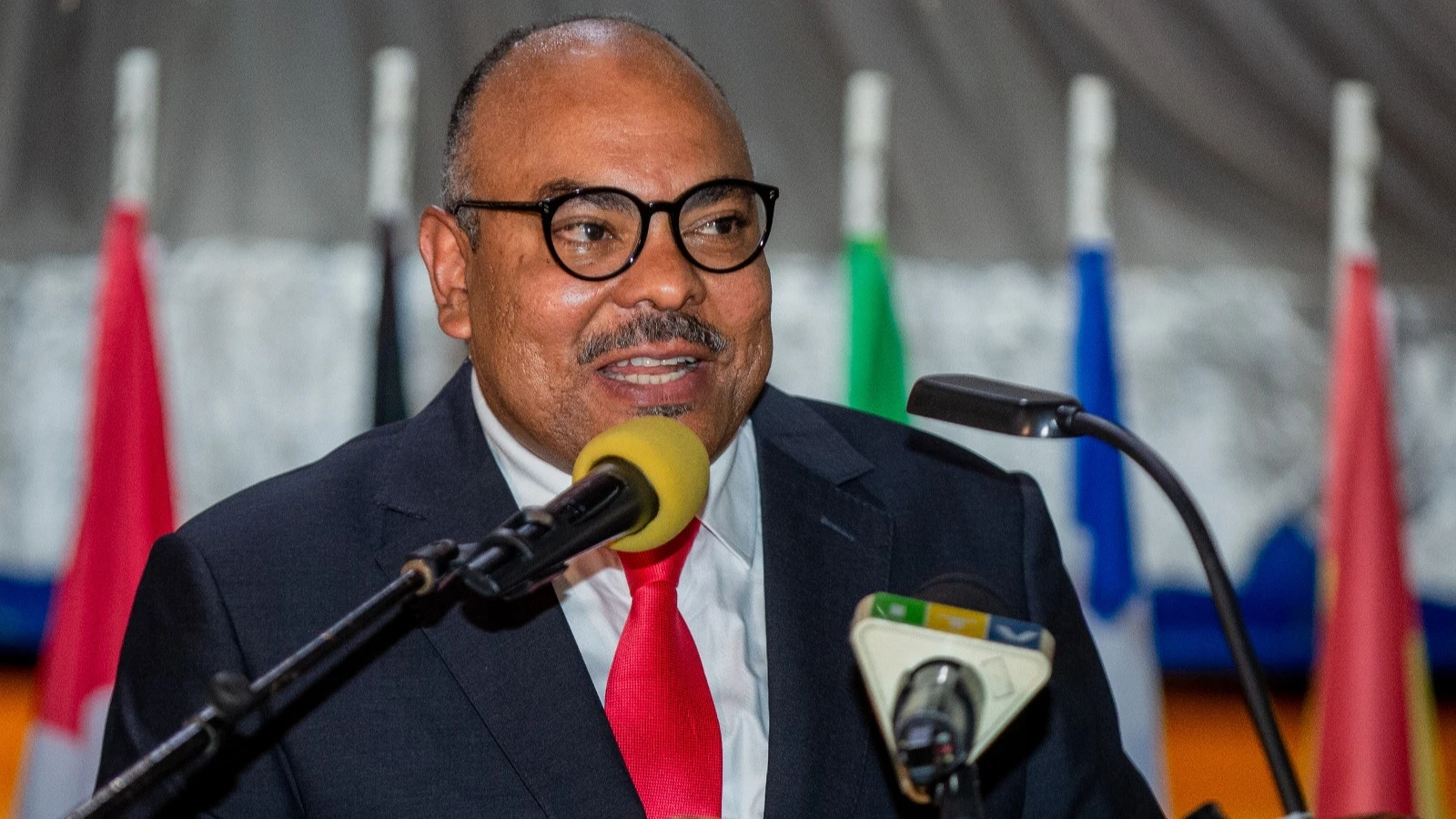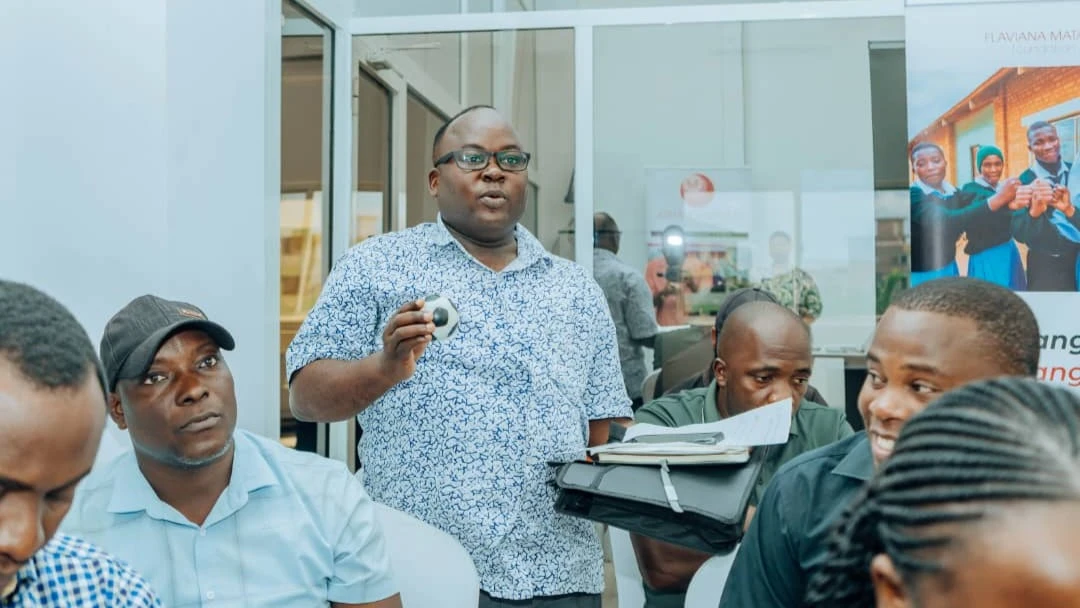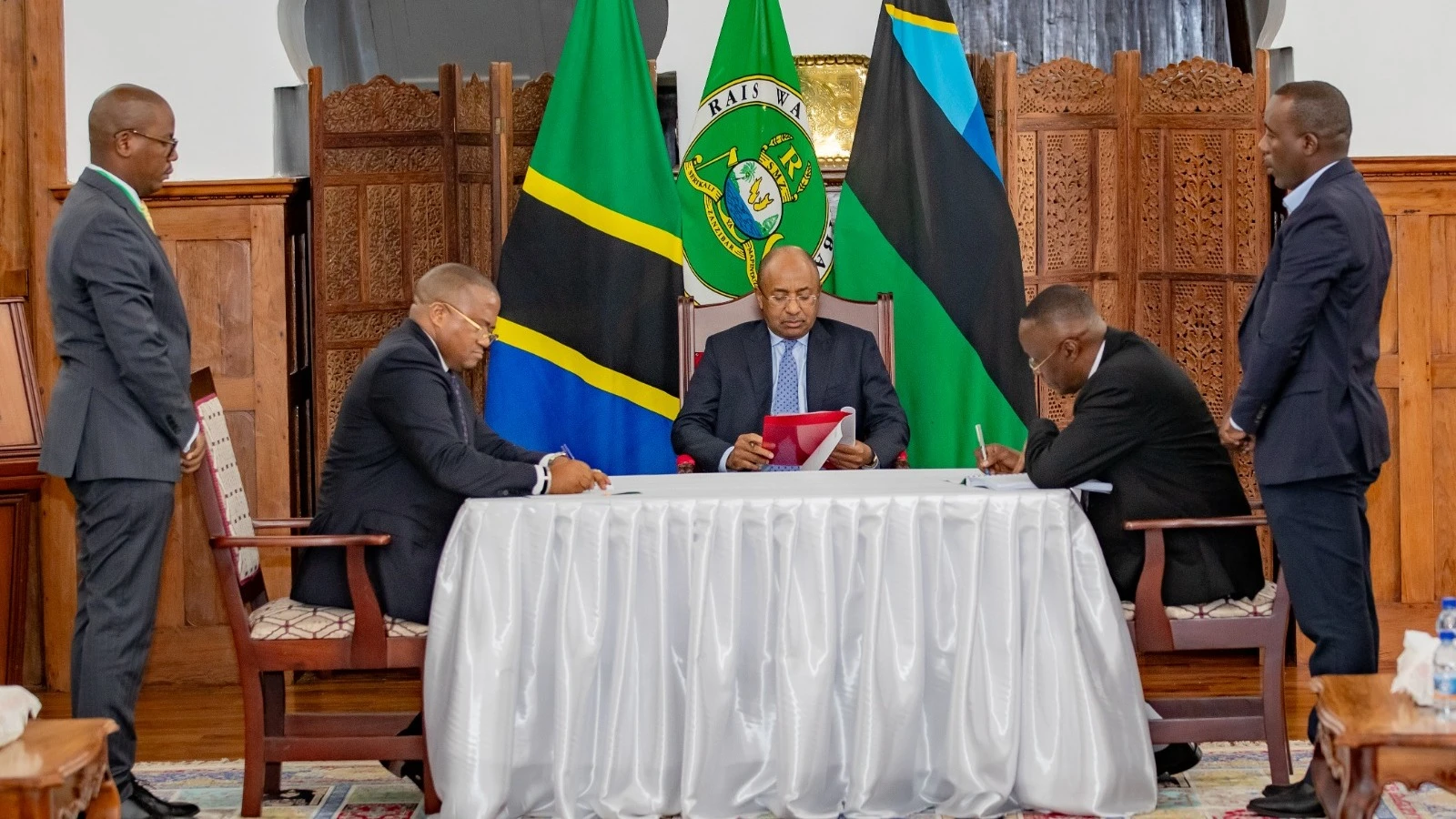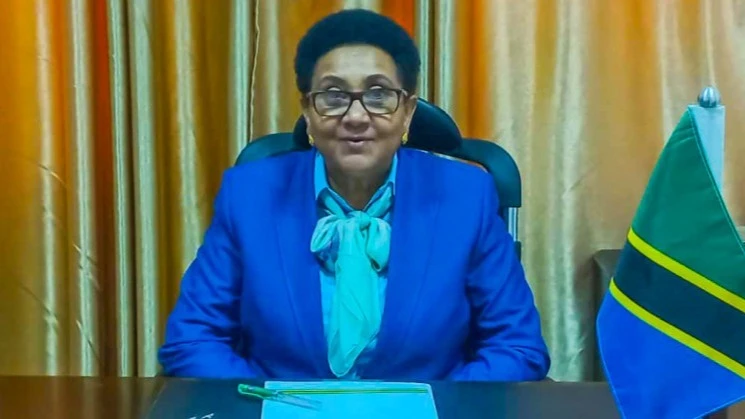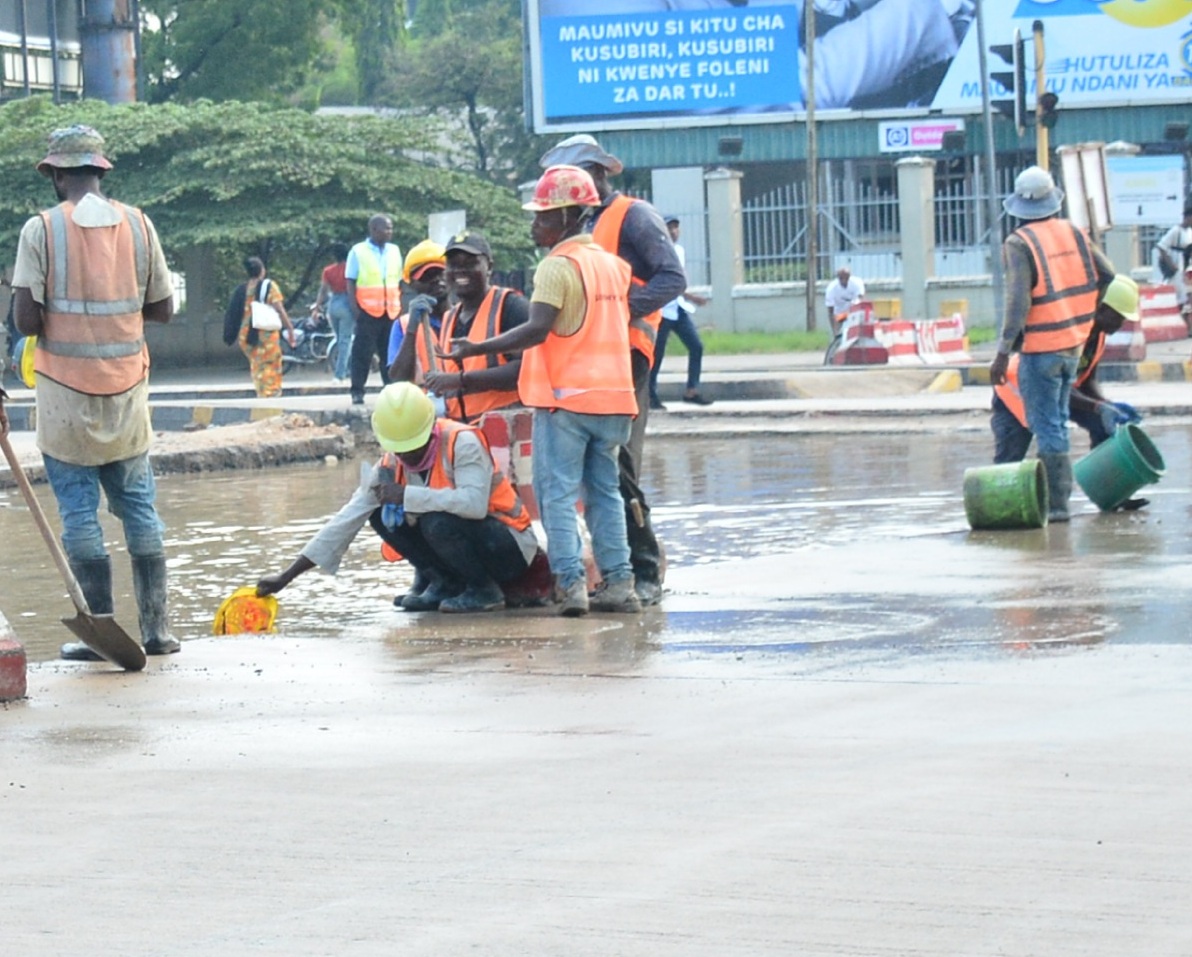‘Treatment costs keep thousands of women from fistula medicine’
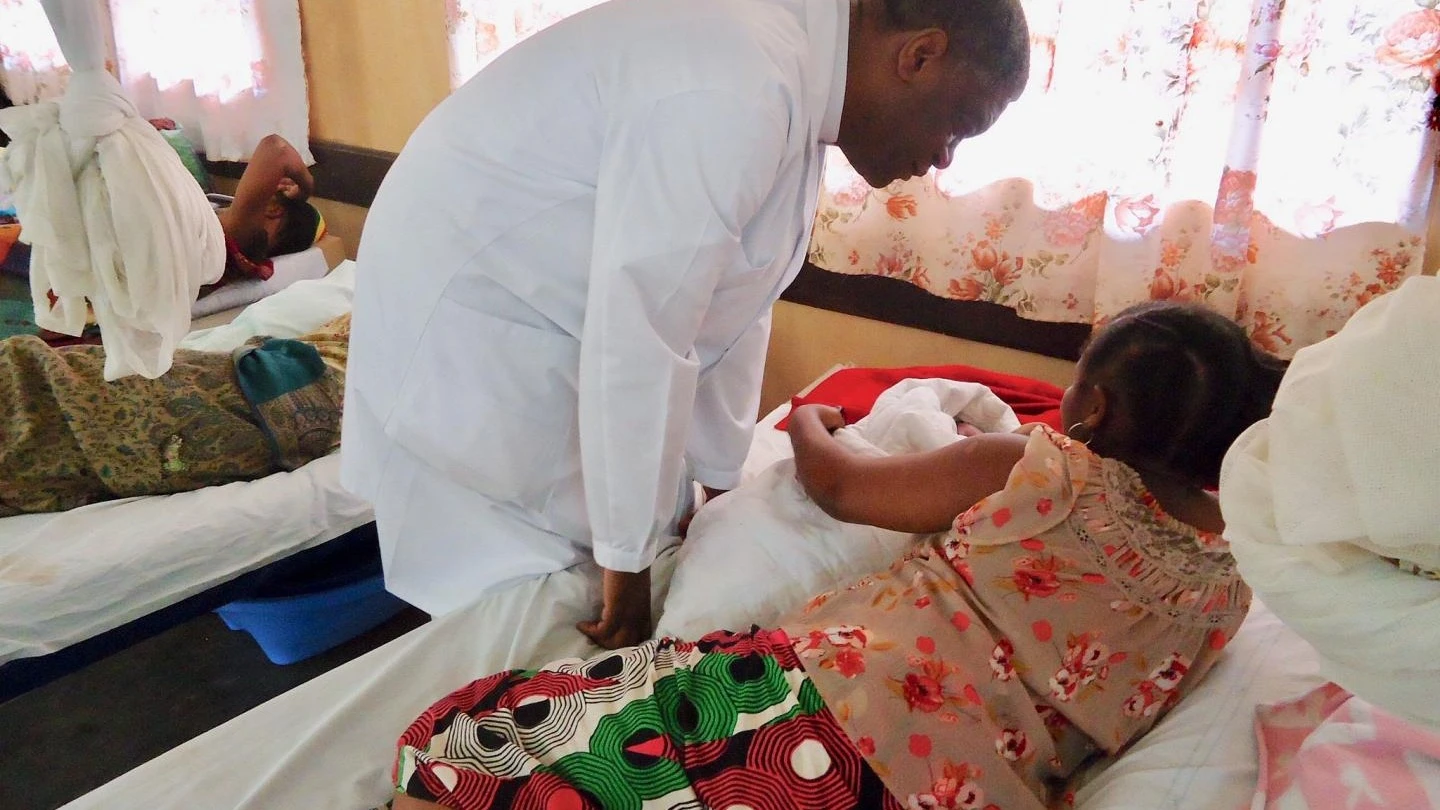
HIGH costs of treatment for obstetric fistula, often exceeding two million shillings, prevent most affected women in low-income backgrounds from seeking help, an activist has declared.
Clement Ndahani, the Tanzania Fistula Foundation director, made this observation at a collective press briefing ahead of the International Day to End Obstetric Fistula, being marked nationally in Mbeya today.
Experts at the meeting sounded alarm over a steady rise in obstetric fistula cases linked to surgical errors during caesarean deliveries, where the director noted that while the condition has long been associated with prolonged or obstructed labour, there are new factors.
Emerging trends point to complications from surgeries, particularly in under-resourced health settings, he stated, with health professionals and stakeholders calling for increased awareness of the situation.
There are also issues of access to treatment and wider efforts to eliminate the stigma attached to the condition, he said, underlining that many suffer in silence as they simply can’t afford treatment.
The foundation is seeking to engage with health centres nationwide to offer free surgeries, he said, expressing the worry that misinformation and stigma prevent many sufferers from accessing such services.
“Some women believe they’ve been bewitched and avoid hospitals altogether,” the medical activist noted, stressing the need for more community education. Fidea Obimbo, the National Fistula Programme coordinator at the ministry, asserted that while most fistula cases still stem from prolonged labour, early-age pregnancies remain a significant factor.
“Tanzania records 2,000 to 3,000 new fistula cases every year but only about 1,500 women access treatment,” she said, noting that some endure the condition for over a decade, facing psychological trauma and economic hardship.
The government, in partnership with international organisations, set up the goal of eliminating fistula by 2030, he stated, affirming that free surgical services are available at regional referral hospitals and through mobile outreach programmes to reach underserved areas.
Dr Rebecca Mokeha, an obstetrician-gynecologist at the Mbeya Zonal Referral Hospital said that the facility is a key treatment centre, conducting surgeries on at least four women monthly.
Public outreach has enabled medics there to come across more cases, citing an instance where in two days, 10 women came forward and were put to a surgical procedure. “Awareness is helping more women realise that fistula is treatable,” she stated.
While traditional causes of fistula remain prevalent, doctors are increasingly reporting cases stemming from surgical injuries, especially during caesarean sections. Dr. Peter Majinge, head of gynecology at the Comprehensive Community-Based Rehabilitation in Tanzania (CCBRT) medical facility in Dar es Salaam, explained that accidental damage to the urinary tract can result in urine leakage—a form of fistula equally devastating.
CCBRT performs up to six surgeries daily and provides comprehensive care, including transport, meals, accommodation and clothing to patients, he said. “But surgery alone doesn’t erase the stigma,” he stated, underlining that women are often ostracised by families and communities, while some are even abandoned by their spouses.”
One tragic case involved a woman who lived with fistula for 60 years, receiving treatment at age 83. “Stigma and misinformation can block access to care for decades,” he stated.
The World Health Organization (WHO) estimates that 21,400 women in Tanzania live with untreated fistula, where early-stage cases may be managed with Catheterisation, but most require surgery.
CCBRT also supports post-recovery reintegration, offering entrepreneurship training to help survivors regain independence, with the leading medic noting that fistula can also result from surgical trauma, late-stage cancers, and road accidents and poorly repaired vaginal tears.
He dismissed the common belief that urinary incontinence after childbirth is normal, insisting that it is a treatable condition. CCBRT treats women from neighbouring countries like Malawi and Mozambique, offering follow-up support for one year. In complicated cases, alternative urinary pathways are surgically created, and patients are advised to observe at least 90 days of sexual abstinence post-surgery to heal fully, he elaborated.
Dr Majinge recalled a particularly complex case involving a severed ureter that required multiple operations. “When she finally healed, her smile was unforgettable. That’s why we keep doing this work,” he remarked.
As Tanzania strengthens maternal healthcare systems, commitment of institutions like CCBRT - and the resilience of the women they serve – provides renewed hope for ending obstetric fistula nationwide, participants noted.
Top Headlines
© 2025 IPPMEDIA.COM. ALL RIGHTS RESERVED










